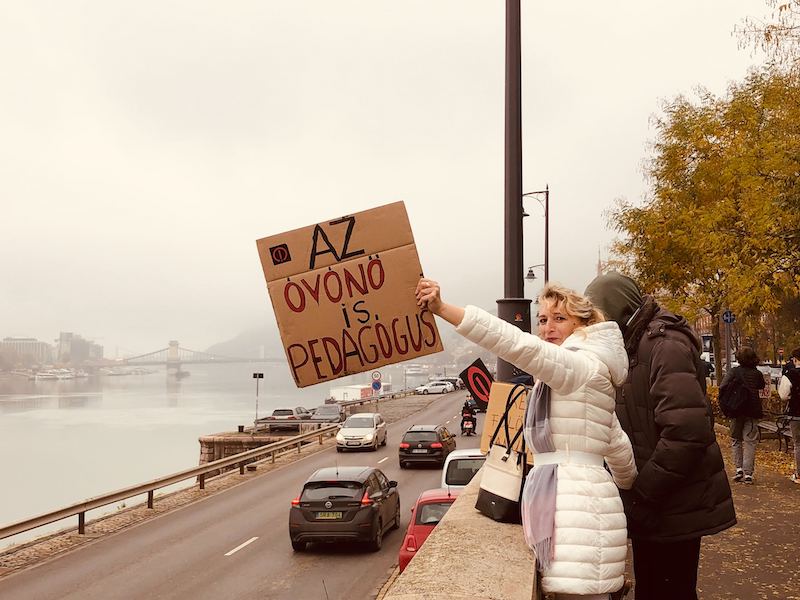Last month in Budapest I was struck by a human chain of teachers protesting sneaky ways to hit the education system. Viktor Orbán’s government keeps their salaries very low. A young Hungarian teacher earns less than 500 euros a month, while inflation has hit 22.5%.
A British teacher makes around six times more than a Hungarian counterpart, but the tune is the same: I also came across strikes in Edinburgh. UK teachers rejected a five per cent pay increase: given inflation there is 11 per cent, “these are cuts”, their union said.
And that’s the point. While the cost of living rises, governments do neglect school and health, our most valuable collective goods and investments. We have seen welfare under attack during the financial crisis. Then we had the pandemic; Italy was the epicentre. But we didn’t learn the lesson: public health continues to be mistreated.
When Giorgia Meloni’s government launched the budget bill, doctors sounded the alarm. Funds are even more inadequate if you consider inflation; of two billion euros, 1.4 billion will be used to pay for the rise of energy bills in health facilities. Italian doctors predict the exodus of a third of them from the public health system.
Do we want our life-saving doctors and our passionate teachers to suffer humiliation? Leaving their jobs for being worn out? I do not. I want to give them a voice with our Focus: their stories concern us as Europeans. Are we repeating the same pattern with this crisis? Will governments dump costs on the weakest and let our welfare and our collectivity pay?
As the poet Audre Lorde wrote, “when we speak we are afraid our words will not be heard, nor welcomed but when we are silent we are still afraid. So it is better to speak.”


